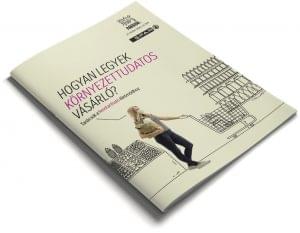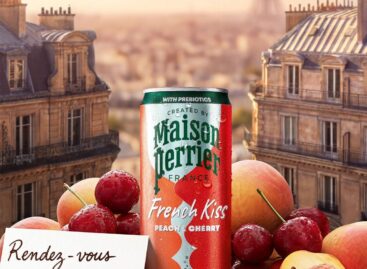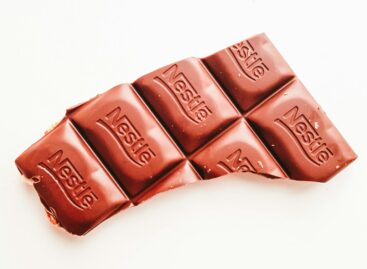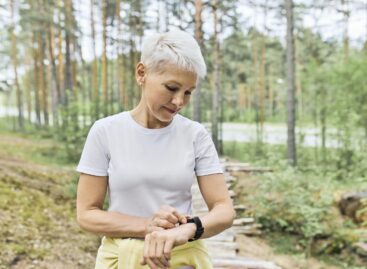How to be an environmentally conscious customer?
Amid the COVID-19 pandemic the demand for food has soared. In the first quarter of 2020, the number of online purchases increased by 15 per cent and consumption increased to such an extent has unfortunately led to more food landing in the garbage can. Even if sustainable lifestyle and sustainable traffic are highly discussed issues, many fail to consider the size of their household’s ecological footprint. This is when Nestlé and SPAR joined forces and created a guide titled “How to be an environmentally conscious customer?”. With useful pieces of advice and smart guidance, it helps customers take environmentally conscious decisions concerning sustainable ways of living, as well as reducing food and packaging waste. This year, the guide is not only available in printed format, but its digital format can be read online on or downloaded from the “Hova dobjam?” blog. Further information about environmentally-friendly packaging is imparted in a video made on grounds of the guide by Nestlé and SPAR.

The new “How to be an environmentally conscious customer?” guide is available as a special supplement to the magazines ÉVA, Lakáskultúra and HVG, as well as on the websites of Nestlé and SPAR presenting their efforts made for sustainability:
nestle.hu/hovadobjam
sparafenntarthatojovoert.hu/hovadobjam
(X)
Related news
0.5 percent of Hungarian GDP is related to Nestlé’s domestic operations
🎧 Hallgasd a cikket: Lejátszás Szünet Folytatás Leállítás Nyelv: Auto…
Read more >Nestlé is working on selling its water division
🎧 Hallgasd a cikket: Lejátszás Szünet Folytatás Leállítás Nyelv: Auto…
Read more >Related news
(HU) METRO Gasztro Fesztivál a SIRHA Budapesten – Élmény, inspiráció és valódi megoldások a HoReCa-szakmának
🎧 Hallgasd a cikket: Lejátszás Szünet Folytatás Leállítás Nyelv: Auto…
Read more >








